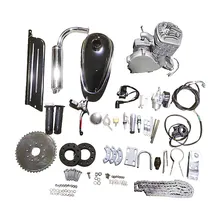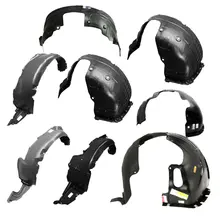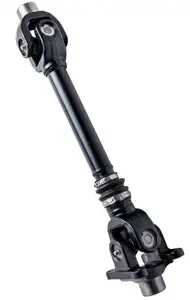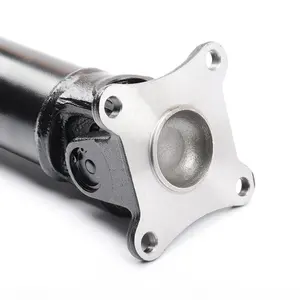Understanding Car Propeller Shaft Joints
Car propeller shaft joints, integral components of a vehicle's drivetrain, are engineered to facilitate the reliable transmission of power between the engine and the wheels. These joints are pivotal in maintaining the rotational motion and torque transfer across the driveline, even under significant stress and varying angles.
Types and Applications
The automotive industry utilizes a variety of car propeller shaft joints to accommodate different vehicle designs and purposes. From robust joints for heavy-duty trucks to precision-crafted ones for performance cars, each type serves a specific function. These joints are essential in configurations such as four-wheel drives, where they connect transmissions to differentials, ensuring smooth power delivery to all wheels.
Features and Materials
A car propeller shaft joint is not a one-size-fits-all solution. It comprises several components, including a journal, shaft, bearings, and U-joints, which work in unison to provide optimal performance. Materials range from traditional steel to aluminum, with advanced options like carbon fiber offering a lightweight yet robust alternative. Carbon fiber's adaptability allows for engineering to specific requirements, providing tailored strength and stiffness.
Advantages of Quality Joints
Selecting the right car propeller shaft joint is crucial for vehicle efficiency and safety. High-quality joints ensure minimal friction and heat generation, leading to a smoother ride and longer component life. Furthermore, specialized front driveshafts can enhance a vehicle's aesthetic and performance by improving traction and reducing torque reaction during acceleration.
Customization and Selection
Custom driveshafts offer the flexibility to match specific vehicle requirements, ensuring compatibility and performance. When choosing a car propeller shaft joint, it is essential to consider the vehicle type, load demands, and size specifications to find the most suitable assembly.
Universal and Specialty Shafts
For larger vehicles with extended wheelbases, such as SUVs and trucks, universal driveshafts are commonly employed. These are designed to accommodate the additional stresses associated with longer vehicles. In contrast, specialty shafts like 2-piece driveshafts cater to specific design needs, providing solutions for complex drivetrain layouts.










































 浙公网安备 33010002000092号
浙公网安备 33010002000092号 浙B2-20120091-4
浙B2-20120091-4